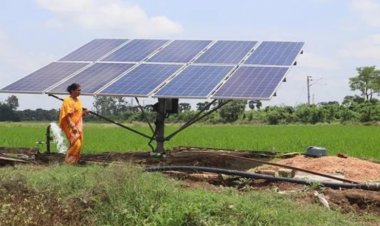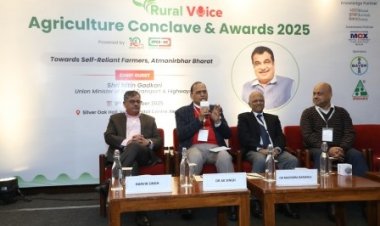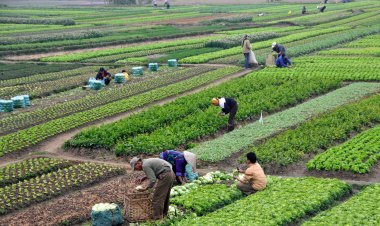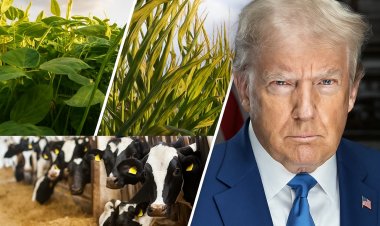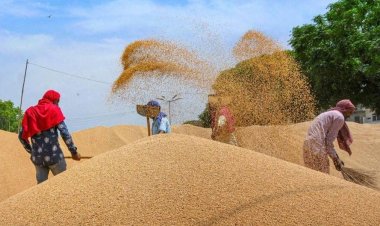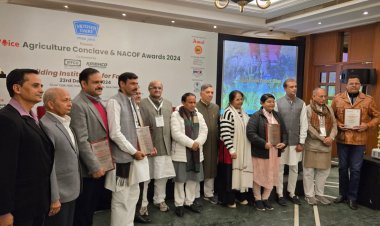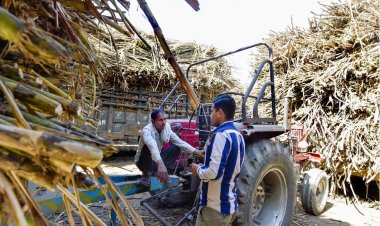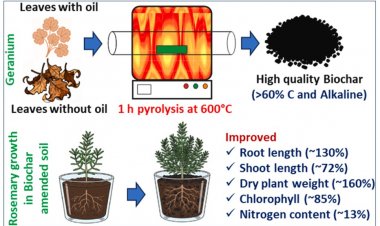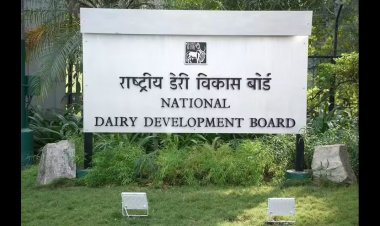Govt ‘restricts’ use of herbicide Glyphosate
As per a recent Gazette Notification, Glyphosate will be applied only through pest control operators (PCOs). PCOs are licensed to use deadly chemicals for treating pests such as rodents. Experts say the biggest concern now is that there's no pest control operator system available in the cultivation area and inevitably this order is going to create chaos on the ground. Moreover, the involvement of PCOs would add additional cost to a large extent, and hence it is not at all a farmer-centric step.
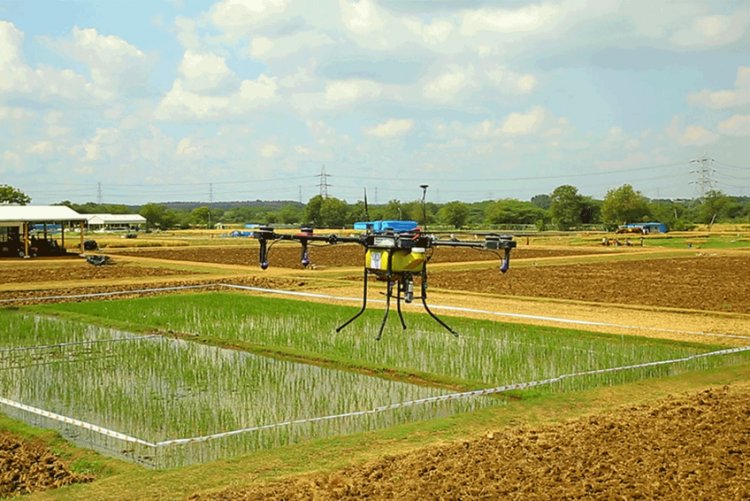
The Government of India has put “restriction” on the use of the widely used herbicide Glyphosate fearing risk to human and animal health.
As per a recent Gazette Notification, Glyphosate will be applied only through pest control operators (PCOs).
PCOs are licensed to use deadly chemicals for treating pests such as rodents.
The formal order was issued more than two years after a draft was circulated in the public domain for comments and views.
Though the October 21 notification did not mention it explicitly, many experts believe it is intended to curb the rampant spread of Glyphosate by farmers.
The notification said: “The use of Glyphosate is hereby restricted and no person shall use Glyphosate except Pest Control Operators.
“All holders of the certificate of registration granted for Glyphosate and its derivatives shall return the certificate of registration to the Registration Committee for incorporation of the warning in bold letters ‘THE USE OF GLYPHOSATE FORMULATION TO BE ALLOWED THROUGH PEST CONTROL OPERATORS’ on the label and leaflets.
“If any person who holds the certificate of registration fails to return the certificate to the Registration Committee, referred to in clause (3), within a period of three months, action shall be taken under the provisions contained in the said Act.
“Every State Government shall take all such steps under the provisions of the said Act and the rules framed thereunder, as it considers necessary, for the execution of this order in the State.”
Thus, to implement the order, all certificates of registration for the chemical that companies have to get for its manufacture or sale have now to be returned to the registration committee.
The order says if any company fails to return the registration certificates within three months, appropriate action will be taken under the Insecticides Act of 1968.
Glyphosate has been majorly used in tea plantations in India, where it is applied to control herbicides. The chemical is also used in non-crop areas to control unwanted growth.
These include areas alongside irrigation channels, railway sidings, fallow land, bunds, farm borders, parks, industrial and military premises, airports, power stations, etc.
Activists said traces of Glyphosate have been even found in crops such as chana where farmers use it to desiccate the produce.
The use of Glyphosate rose manifold once HTBt cotton started getting illegally cultivated in India.
Glyphosate is already banned in some states.
The World Health Organization (WHO) and the International Agency for Research on Cancer published a study in 2015 that said Glyphosate was “probably carcinogenic to humans”.
Experts say the biggest concern now is that there's no pest control operator system available in the cultivation area and inevitably this order is going to create chaos on the ground.
Moreover, the involvement of PCO would add additional cost to a large extent, and hence it is not at all a farmer-centric step.
(Subhashis Mittra is a New Delhi-based senior journalist, freelance writer and public policy analyst.)



 Join the RuralVoice whatsapp group
Join the RuralVoice whatsapp group

















